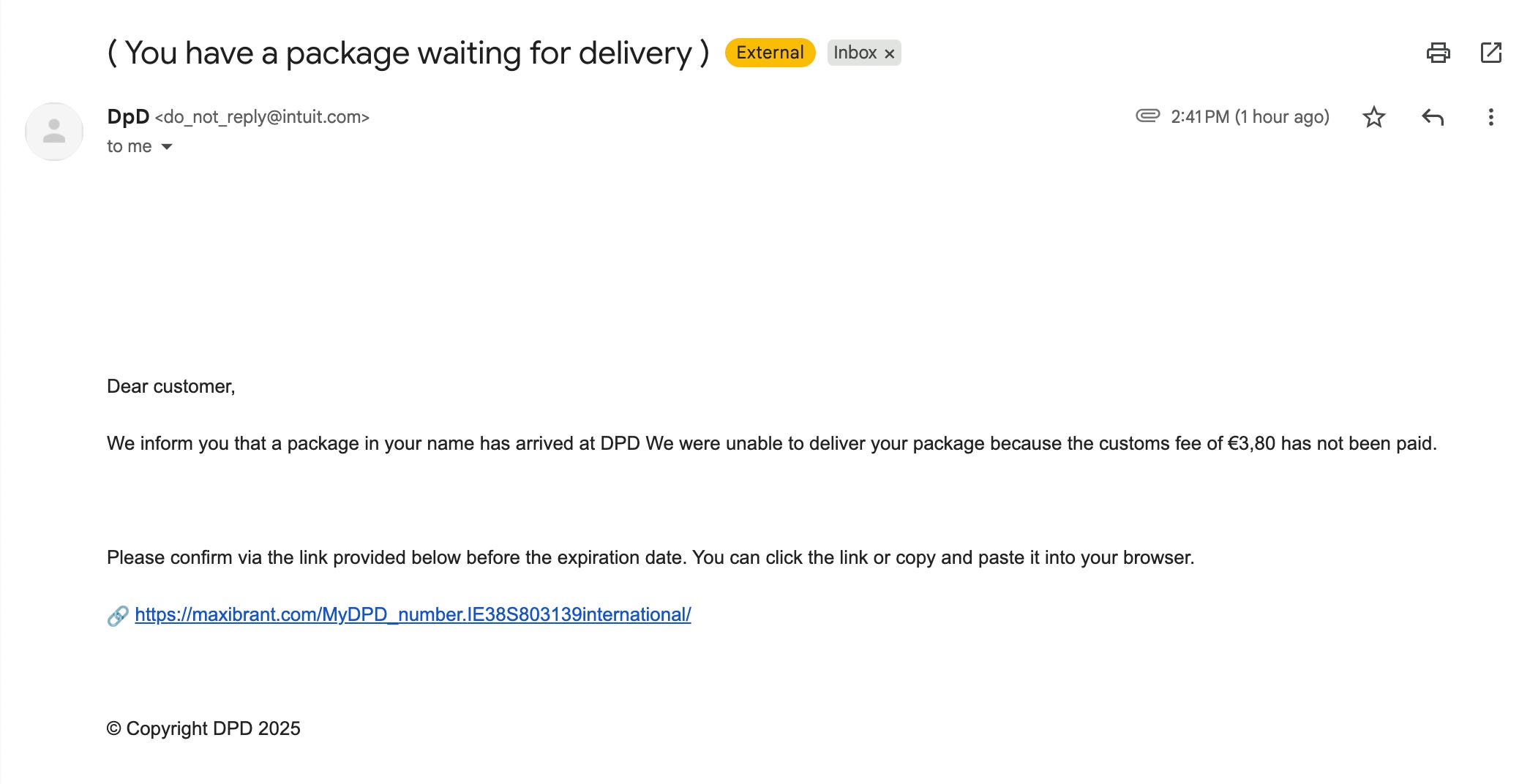
Luis Alvarez/Getty Images
The holidays are just around the corner, and so are new shipping scams.
The de minimis exemption, which allowed low-value packages to enter the country with no taxes and minimal paperwork, ended on August 29. This means that small parcels from overseas will be hit with duties on top of existing tariffs on individual countries (if they make it to the US at all).
Most Americans have never paid customs for international parcels before, because the import tax exemption for low-value packages has existed for decades. It had stood at under $800 since 2016, until the Trump administration suspended it entirely. As a result, businesses and shoppers are being left with confusing paperwork, shipping suspensions, and nuanced customs codes.
“The people looking to scam you are looking at the same headlines you are, so they know,” John Breyault, the vice president of public policy at the National Consumers League, told Business Insider.
Breyault said that with holiday shopping around the corner, scammers may take advantage of the confusion over how to pay those duties.
Judging by our inboxes, scammers are already trying.
‘You have a package waiting for delivery’
On Monday, emails posing as Intuit, the tax filing company, landed in the inboxes of multiple Business Insider reporters.
In my case, it demanded that I pay €3.8 in tax for some unnamed product from Europe, alongside a suspected phishing link. Phishing links might try to steal my credit card information or cause a companywide hack.

Katherine Li/Business Insider
I would not have spent money on anything from Europe in this economy, and certainly not with my work email, but the message would have given me pause had I actually purchased an item that is being shipped through DPD, one of the shipping companies that has not suspended US-bound parcels.
A spokesperson of Intuit told BI that the company has never handled any tariff payments and that the phishing email will be reported for impersonating the company.
Here are some tips on how to avoid being scammed as you start to consider overseas purchases for the holidays that will face customs charges.
When in doubt, hit pause
Before you panic and hand over any information related to a duty payment, Breyault said it’s important to know that no government agency or legitimate postal service would send you an unsolicited personal text message or email.
“Establishing a sense of urgency is a very common strategy, so that you would fear your package being destroyed or getting in trouble with authorities, which are very understandable sentiments in the current political climate,” said Breyault.
If you are still in doubt after checking for inconsistencies in the message and the email address, Breyault recommended going to the official website of the shipping company to find your parcel’s tracking number, where information as crucial as duty payment would show up as an alert.
“The bottom line is: don’t respond to the message, don’t click on the link, and look for a tracking number,” said Breyault. “And if something looks off, contact your shipping company if all else fails.”
If you have received fraudulent emails and messages, you may report them to the Federal Trade Commission or the FBI’s Internet Crime Complaint Center.
The post Holiday shopping is just around the corner, and so are the shipping scams appeared first on Business Insider.




